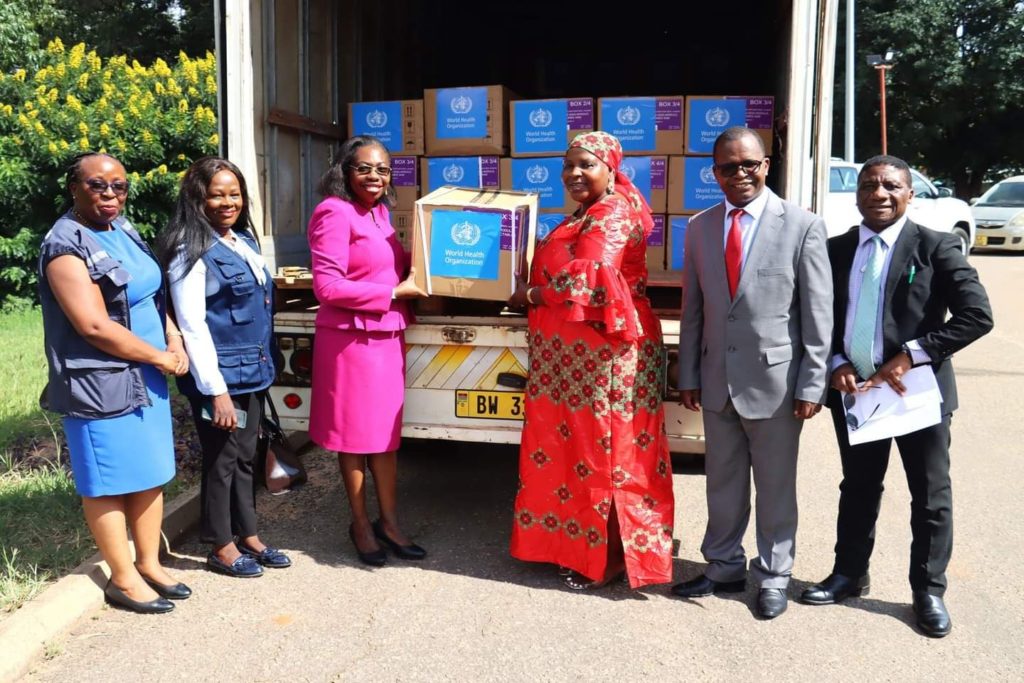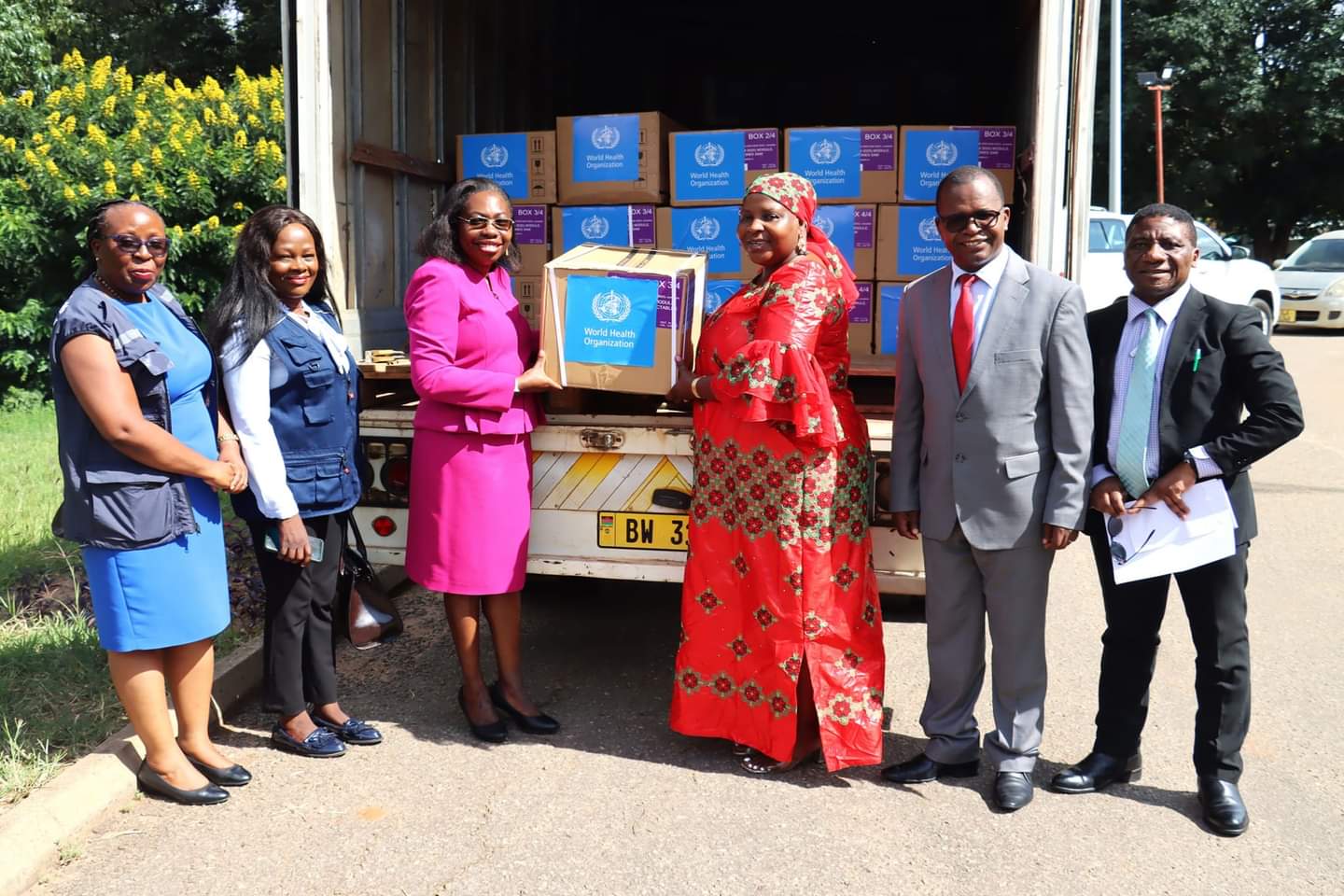By Kondwani Magombo
World Health Organisation (WHO) on Monday donated to Malawi Government 48 kits of pediatric severe acute malnutrition (PEDSAM) worth MK62.2m to address challenges posed by pediatric severe acute malnutrition (SAM) in the country.
WHO Country Representative to Malawi, Dr. Neema Rusibamayila Kimambo, made the donation through the Ministry of Health at a ceremony which took place at Capital Hill in Lilongwe.
Kimambo described the donation as a crucial contribution to Malawi’s healthcare system, particularly in addressing the effects of severe acute malnutrition (SAM) in children.

She said the PEDSAM Kits are meticulously designed to provide essential supplies necessary for the effective treatment and care of children suffering from malnutrition, as well as malaria.
“Enclosed within each kit are vital resources aimed at reaching 50 SAM pediatric cases for three months. This provision ensures a sustained effort in combating malnutrition among our nation’s children, reflecting our commitment to their well-being,” said Kimambo.
She said the donation, valued at US$35,560.56, which translates to approximately MK62,230,980.00, underscores WHO’s dedication to improving public health and ensuring access to essential healthcare in the country.
In her remarks, Minister of Health, Khumbize Kandodo Chiponda hailed WHO for the donation, which she described as timely and useful to Malawi.
The minister said the country continues to struggle with a high infant mortality rate, and that of late, saying of late, there has been progressive reduction owing to government’s collaboration with development partners.
“Currently, the infant mortality rate is at 31 deaths out of every 1000 births which represents a 4.2 percent decline from 2023 which stood at 33 deaths,” said Chiponda.
She noted that cases of severe malnutrition and malaria in children in Malawi highly contribute to the reported high infant mortality rates with malnutrition alone, accounting for at least 30 percent of the deaths.
She, therefore, said any efforts to stop the rise of the infant mortality rate, as WHO has done, is commendable and encouraged to save the lives of the children and the future leaders of Malawi.



